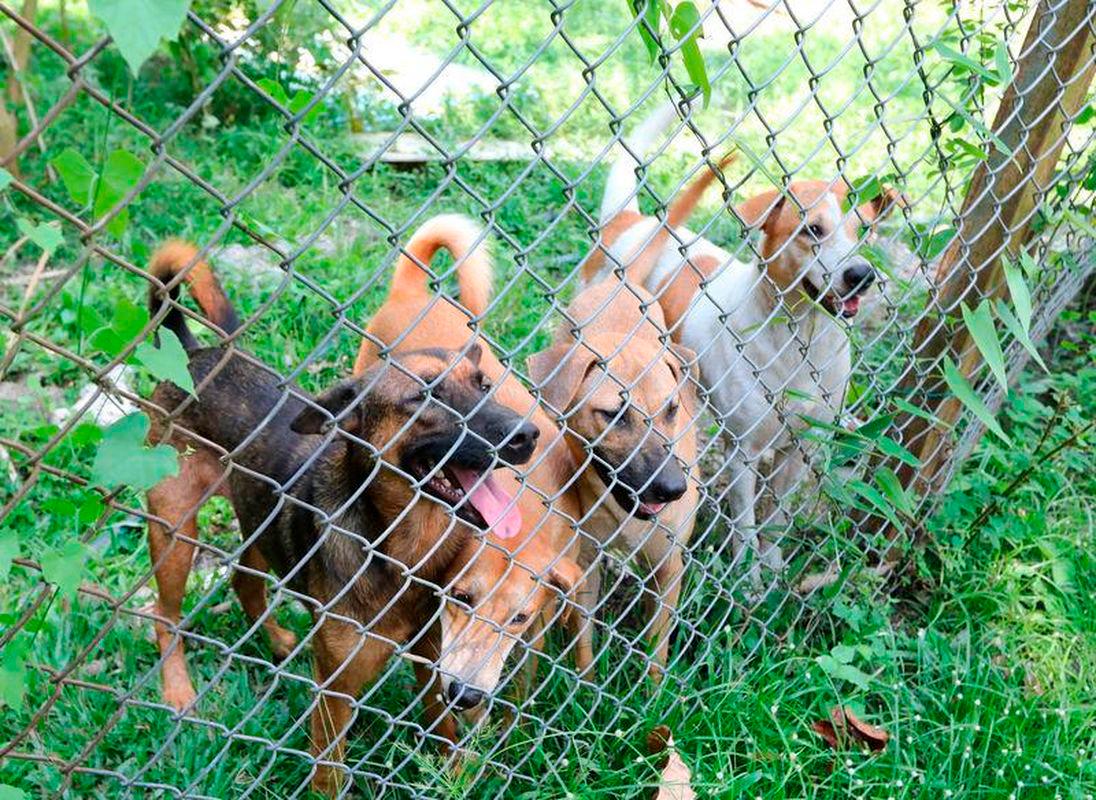I AM writing to urge the Petaling Jaya City Council and other municipal councils across Malaysia to halt the practice of capturing stray dogs that are already being cared for under the Trap-Neuter-Release-Manage (TNRM) programme in Petaling Jaya and beyond.
This approach is not only ineffective but is also disheartening for many local rescuers and caregivers who have devoted their time, energy and personal resources to building a more compassionate and sustainable environment for people and animals.
These dogs are not random strays or nuisances – they are part of our neighbourhoods. Many residents know them by name, feed them and have formed bonds, not only with each other but with the community at large.
When Petaling Jaya City Council captures these dogs, it is not just about removing animals from the streets, it is about removing their trusted presence that communities have grown to love and protect.
Under the TNRM model, dogs are trapped humanely, sterilised, vaccinated and released back into their “home” areas where they pose little threat to public safety.
Scientific evidence and global experience show that TNRM helps stabilise and gradually reduce stray populations. Yet, when neutered dogs are caught and removed, it destroys that balance and invites the “vacuum effect” where new unsterilised dogs migrate into the area, restarting the cycle of unchecked breeding and overpopulation.
Rescuers and NGOs in Petaling Jaya are not idle onlookers. These individuals have full-time jobs yet still dedicate their evenings, weekends and savings to care for these animals.
When City Council removes sterilised dogs, it invalidates months and sometimes years of effort. Every removed dog equals wasted TNRM funding and vanishing trust in local governance. The emotional toll is immeasurable – rescuers grieve for the dogs they see taken, often without transparency on their fates.
Moreover, redirecting dogs to shelters such as PAWS, while well-intentioned, is not a sustainable solution. These facilities are stretched far beyond capacity.
Many animals remain confined for years or are euthanised due to space limitations. This should not be the default answer to managing free-roaming dogs.
Instead, we urge all city councils to recognise the TNRM community as allies. By working in partnership, city councils can formalise cooperation frameworks with registered NGOs, offer municipal support for neutering campaigns and maintain a database of microchipped or tagged TNRM dogs to prevent mistaken captures.
Educational outreach programmes and public awareness campaigns can also help dispel myths about strays and promote responsible pet ownership.
The continued capture of TNRM-managed dogs is not only counterproductive and inhumane, it also jeopardises the soul of a community striving towards compassion and coexistence.
Let us not cast aside the volunteers who are offering real solutions. We urge the Petaling Jaya City Council to act in solidarity with these efforts and lead Petaling Jaya towards an ethical and effective model of animal management.
David C.E. Tneh
Petaling Jaya









